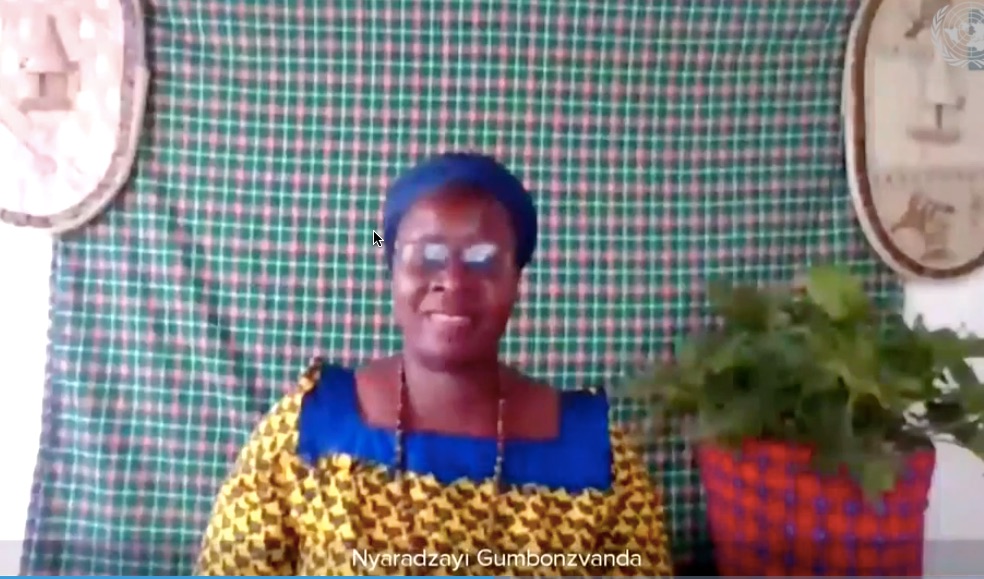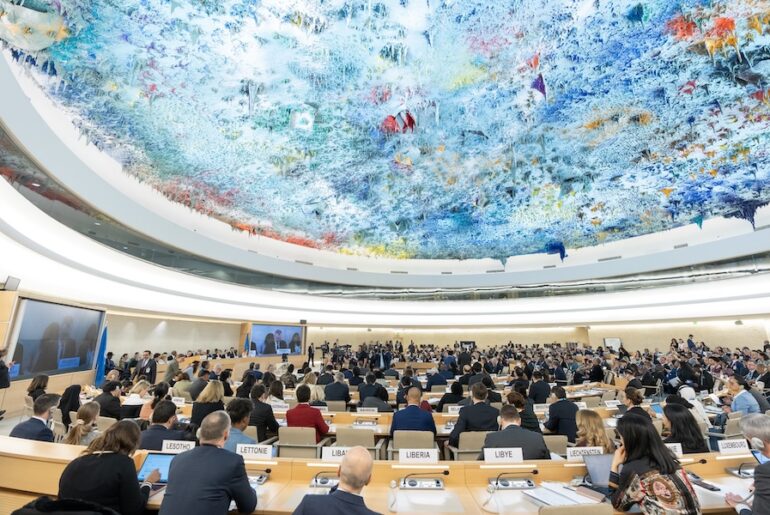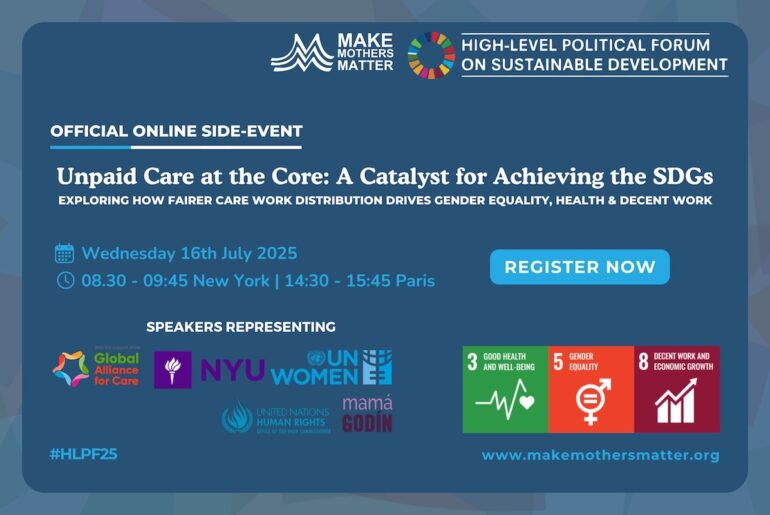Joining forces against Covid-19: our Network advocates
Acting concretely at the national and international levels, our members and key partners are tackling vital issues raised as a result of this crisis. We believe strengthening the basis of our social fabric and ensuring the health, wellbeing and education of populations must be the priority for governments. In particular, the protection of mothers and fathers who are fundamental to our existence and development. We see today how vital it is to take measures to support them in their caring and educative role. MMM will advocate for this as we have always done for more than seventy years. You will find here examples advocating for the change that needs to follow the COVID-19 crisis.
Mame Pentru Mame calls for systemic change in maternal healthcare in Romania
Ana Maita, president of Mame Pentru Mame, (Mothers for Mothers) in Romania, recounts how she and her teams managed to meet the needs and anxieties of mothers-to-be and mothers with newborn babies in the critical and confusing early stages of #COVID.
In her strong testimonial, she calls on Romanian and European authorities to reform the healthcare system by decentralising it, offering more options for mothers. She says this crisis has shown that the current system of integrating maternity in hospitals with closures of birth houses and birth centres, has failed to protect mothers.
“We need midwives or practices, we need birth houses and birth centres which are not part of the hospital because the countries that implemented this kind of system could easily transfer the load of medical care for women from the big hospitals… they could transfer mothers to these local small care points. In a world which will ever be changed by the pandemic…this is one of the measures that absolutely has to be taken.”
–
Afammer raises issue of vulnerability of older persons in rural Spain
The national president of Afammer, Carmen Quintanilla, has drawn attention to the specific vulnerability of older persons living in rural areas, especially older women, in the context of Covid-19. It poses a double challenge to those who live alone with limited access to basic services, and in municipalities where there are few young people to help them.
At the same time the situation is even more complicated for older rural women, because despite them living longer than men and having healthier habits, they are in worse health because the greatest burden of caring for dependents has fallen on them. Older women are also more vulnerable to poverty than men. “They live in old age with less purchasing power, since the average pension of men is 55% higher than that of women” says Carmen Quintanilla.
These special circumstances have led Afammer to pay greater attention to older persons during the pandemic.
→ Read more on Afammer website
Financing Sustainable development in the context of COVID – Recommendations from our member from Zimbabwe

Nyaradzayi Gumbonzwanda on UN Web TV
” Medical experts tell us that those most vulnerable to coronavirus are people with preexisting conditions. Well, inequality, especially gender inequalities is the mother of all pre-existing conditions.
[…]
No lasting global recovery can be achieved without living wages and social protection for all workers, redistribution of women’s unpaid care and domestic work and a significant strengthening of public services and institutions. “
In her capacity as chair of Action Aid, Nyaradzayi Gumbonzvanda, Founder and Chief Executive of the Rozaria Memorial Trust, Zimbabwe, made a powerful intervention at the Informal virtual meeting of the 2020 ECOSOC FFfD which was hosted on 23 April by the President of the Economic and Social Council (ECOSOC) of the UN.
![]() Read her full speech
Read her full speech
→ Watch the UN Web TV recoding of the whole event – Nyaradzayi’s intervention starts at 1:06:05.
Parents and the Covid-19 crisis – Statement by the European Parents Association
In her video message, Arja Krauchenberg, Project coordinator at EPA, European Parents’ Association, tackles the issue of parents in the crisis from two angles:
1) Parents in their role as the primary – not only chronologically but also potentially best – educators of their children
2) Parents in their role as responsible adult citizens or inhabitants of the country they reside.





